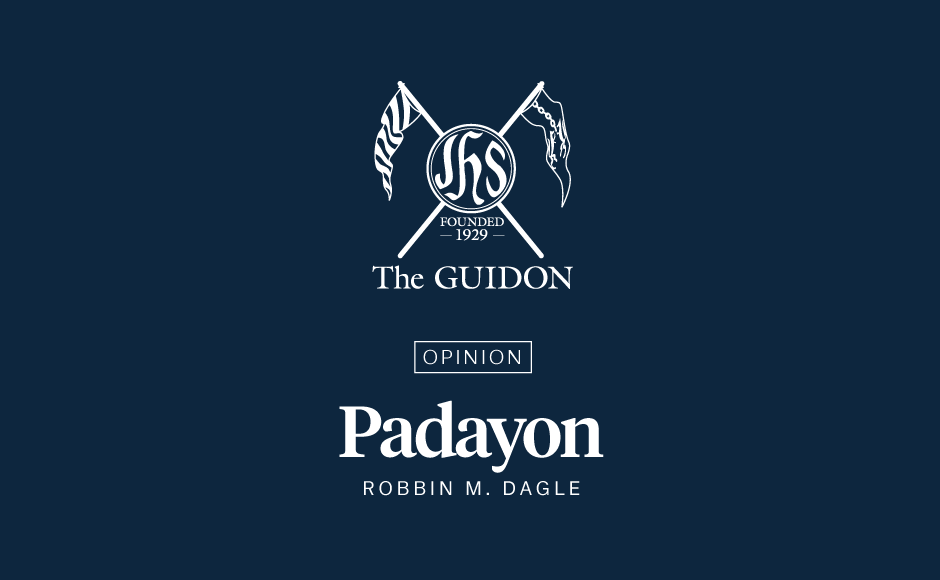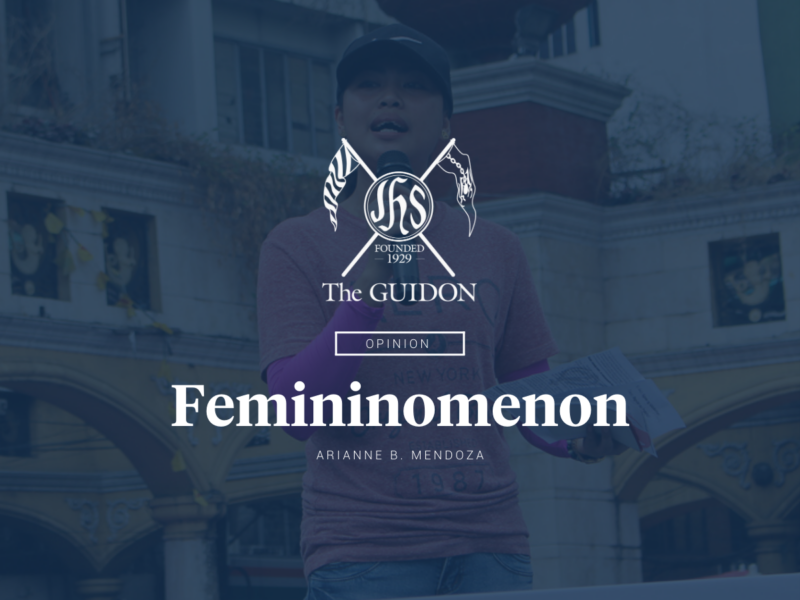To many English speakers, the word salvage rings a hopeful tone. It is best used when describing the act of saving, amidst a seemingly hopeless situation.
But for Filipinos, salvage ―a word that closely resembles the Spanish “salvaje” or savage― has a more negative connotation. When one is “salvaged,” it means that the person was brutally killed―savaged―by summary execution.
This meaning became prevalent during Martial Law, a time when state-sponsored violence was rampant. Suspected criminals and enemies of the state were mysteriously killed by either law enforcement or hired goons without a fair trial. Those lucky enough had their bloodied bodies displayed in the open, serving as a gruesome reminder of what the regime can do if and when you cross them. Others have gone forever missing, joining the ranks of the desaperecidos.
Ferdinand Marcos and his family have denied any wrongdoing. But at the very least, his idea of “constitutional authoritarianism” ―a concept he used to justify the declaration of Martial Law―already gives us an idea of his governing philosophy. For him, some civil and political freedoms have to be curtailed to “save the Republic” from threats ranging from Communists to Muslim separatists.
As one famous slogan from Marcos’ New Society says, “Sa ikauunlad ng bayan, disiplina ang kailangan!”
It is because of this philosophy, coupled with the naked, self-serving ambition for power and wealth, that the culture of violence―torture, summary executions, enforced disappearances―flourished.
Some people would have to be salvaged in order to salvage the Republic from those who endangered her―or as it turned out, from those who threatened the regime’s stranglehold on power.
Today, amid the Duterte administration’s war on drugs, the debate rages on once more on whether certain human rights and human lives are dispensable for the sake of law and order.
For the president, who promised a “bloody” and ruthless campaign, the answer is pretty clear. In his first State of the Nation Address, he said that “human rights cannot be used as a shield or an excuse to destroy the country,” an obvious rebuke to human rights advocates wary of his methods.
Hundreds of suspected drug pushers and users have already been killed in just under two months since he took office. Duterte even acknowledges that some of them “may have been salvaged.”
While some have been vocal for or against the killings (those in support pointing to Marcos’ iron fist rule), most people seem to “wait and see.” For a people fed up with inaction, they are willing to give this approach a chance.
Most Filipinos including myself agree that the country faces many problems, including drugs, crime, corruption, and a system that favors the elite.
But the salvage mentality of employing sheer force, intimidation, and “short cut” solutions to solve these complex problems poses grave consequences. Violence begets more violence, as seen during Martial Law and in the failed drug wars worldwide. This approach is unsustainable, unnecessarily taking away innocent lives.
A salvage mentality will only unleash our ugliest, most savage and hateful selves. This is not how we restore, how we save our nation.







